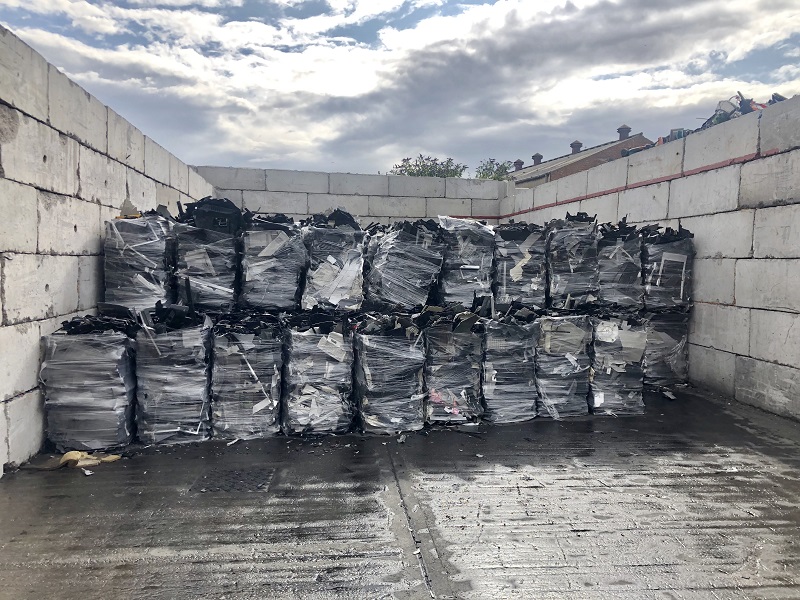
The issue has prompted three prominent trade bodies in metals and WEEE to call for urgent talks with the Environment Agency and Defra over their approach to the implementation of new EU rules on plastic waste which may contain POPs – Persistent Organic Pollutants.
The three bodies are: the WEEE Schemes Forum (WSF) which represents compliance schemes, WEEE reprocessing industry body the AATF Forum and the British Metals Recycling Association (BMRA).
“The AATF Forum is particularly concerned that the limited communication of the compliance requirements to date – both to industry and within the Agencies – is leading to increasing confusion and an un-level playing field.”
The trio are calling for a ‘cross-sector’ working group to address concerns over the implementation of POPs regulations – the call follows the release of a Position Statement by the Agency (see letsrecycle.com story).
In a letter to the Agency and Defra this week, the three industry bodies called for more engagement, claiming that the ‘limited’ communication from the regulatory body so far “is leading to increasing confusion and an un-level playing field” in the reprocessing sector, as well as creating issues for producer compliance schemes.
POPs
POPs thresholds have been under scrutiny in light of the recast of the POPs directive in the EU, which sets tougher controls on flame retardants such as decaBDE and other chemicals such as antimony.
“Persistent organic pollutants (POPs) are chemical substances that persist in the environment, bioaccumulate through the food web, and pose a risk of causing adverse effects to human health and the environment.”
EU Commission
The recast regulation sets maximum concentration levels for POPs in waste materials to levels are below what have been commonly used in products in the past.
This has been further complicated by research from the Industry Council for Electronic Equipment Recycling (ICER) – funded through the WEEE compliance fee – looking at the content of POPs in common WEEE plastic.
Largely completed, this research has suggested that many common WEEE items containing plastics, including Small Mixed WEEE, Cathode Ray Tube TVs and screens and Flat Screen TVs, are likely to contain levels of POPs that effectively render them hazardous at the point they become waste.
Consequently, some plastics from WEEE which would previously have been recycled will now be required to be sent to outlets including high-temperature incineration, for which there is only a limited capacity in the UK. One option that has been discussed among some in the waste industry is the possibility of an exemption for plastics from household waste although whether this would be adopted by the Agency is unknown.
Incineration
It is feared that the POPs issue could lead to plastics from WEEE being stockpiled, as well as pushing up the cost of treatment of the material. WEEE processors have also expressed concerns to letsrecycle.com over the Environment Agency’s application of the new requirements.
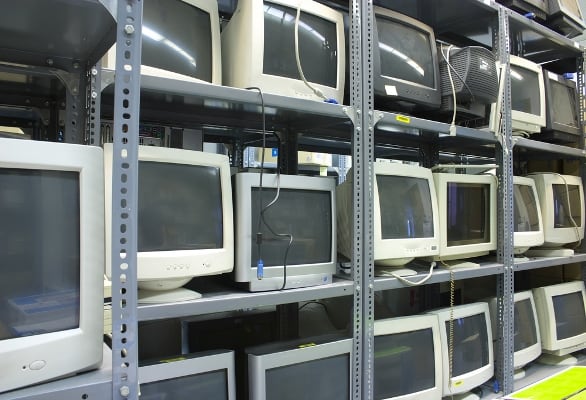
One metal recycler told letsrecycle.com this month that plastics recycled from the WEEE stream such as computer cases had been in good demand, and he felt that the concern about POPs was being overstated and would prevent recycling.
He said: “It does not make sense to burn these plastics which looks like the only alternative route. The Environment Agency should not be so prescriptive over this and needs to take a practical and proportionate approach.”
The idea of plastic from the backs of television being seen as hazardous is also worrying exporters of refuse derived fuel. A recent meeting of the RDF Industry Group discussed concerns that “this would potentially mean that RDF containing these plastics should be classed as hazardous if the plastics were not covered by the exemption for household WEEE.”
Environment Agency
The Environment Agency outlined its position at meetings last month on how it felt WEEE plastics should be treated in light of the regulatory changes and the ICER research, advising that reprocessors must take all reasonable steps to ensure that any waste likely to contain POPs is treated as hazardous material.
The Agency has been approached for comment.
WEEE Conference
25 September, Lord’s Cricket Ground, London
Hear from expert speakers discussing issues facing the UK’s WEEE sector – including regulation on POPs, collection targets and treatment standards.
www.weeeconference.com






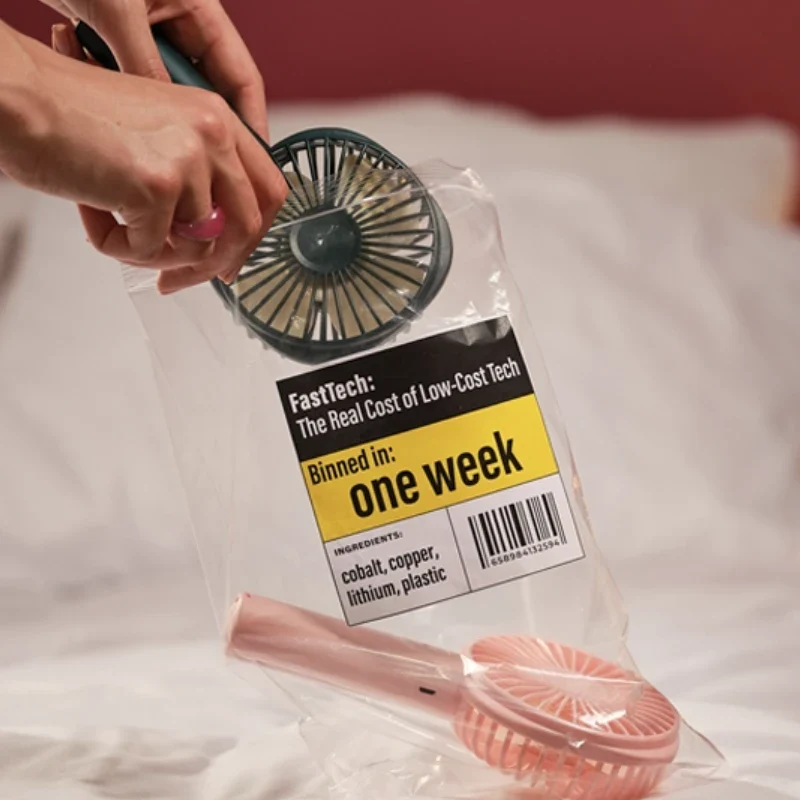
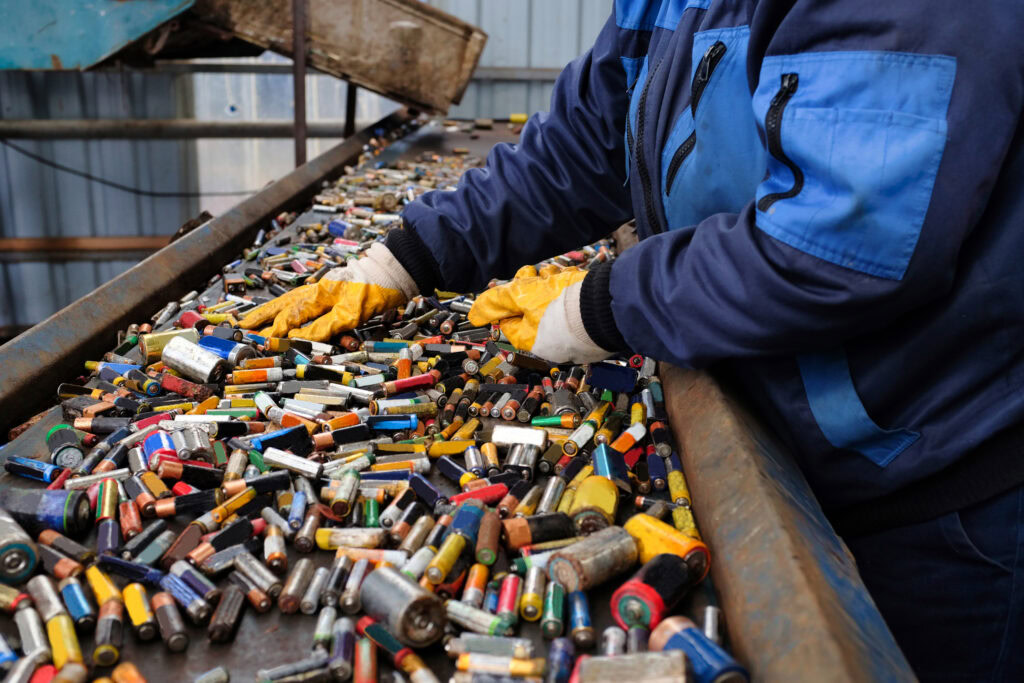
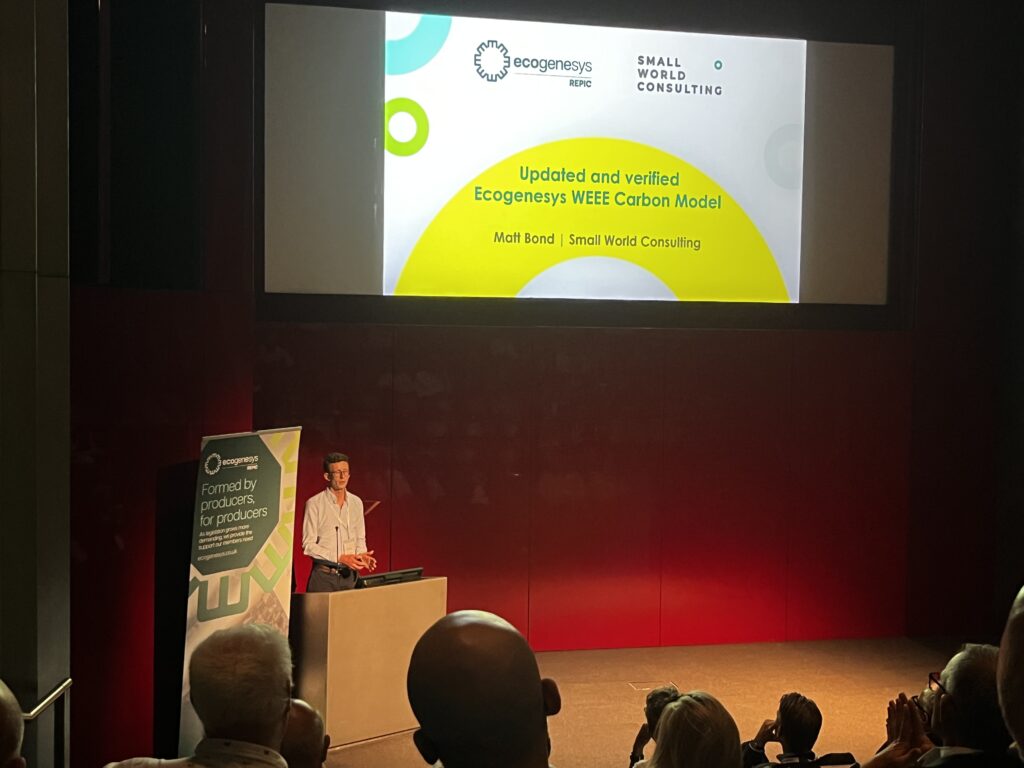

Subscribe for free